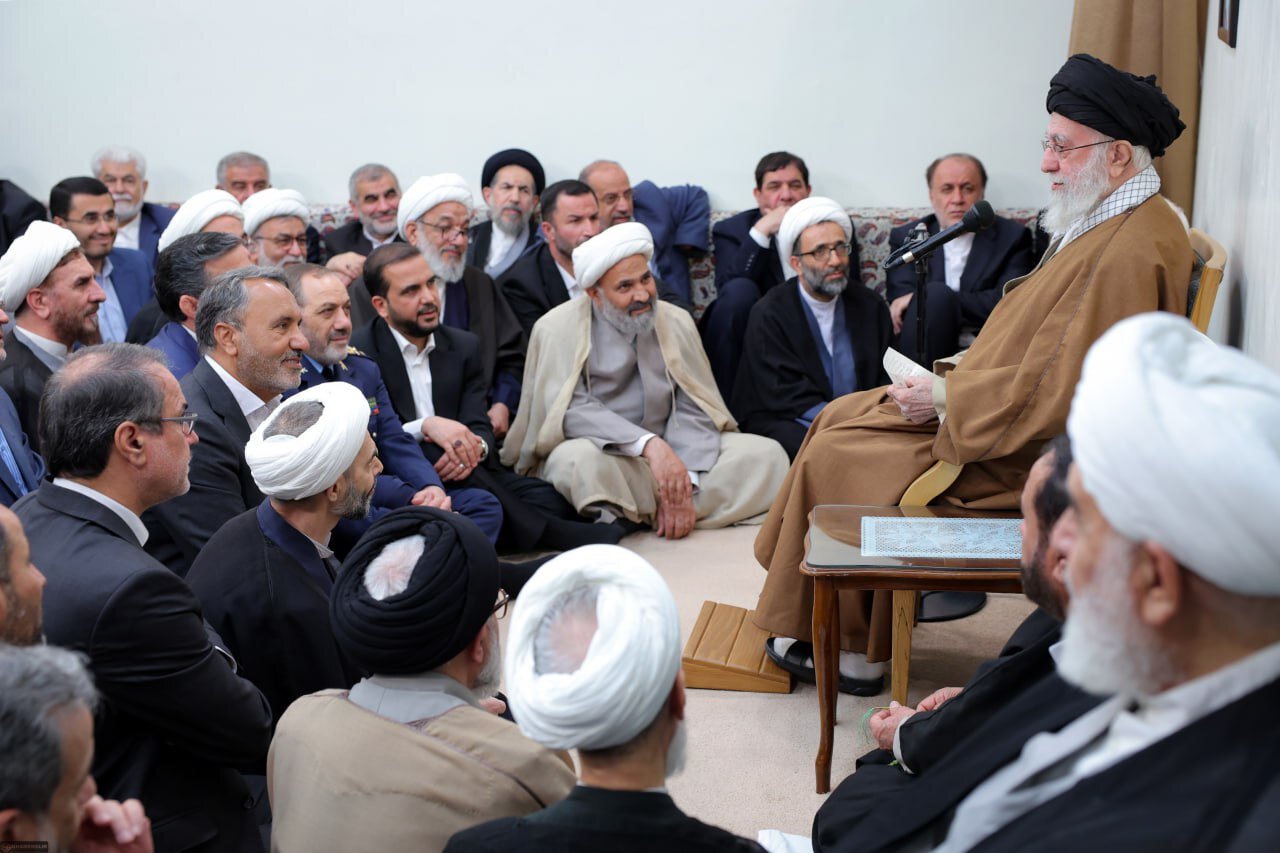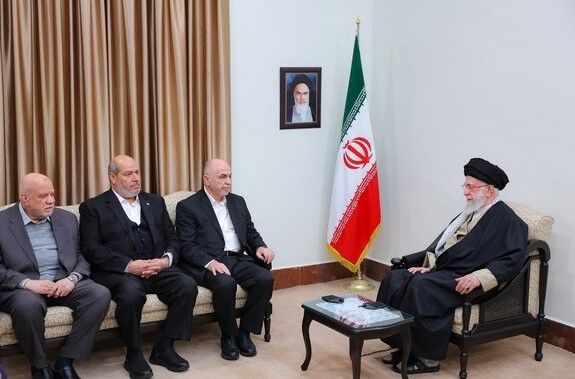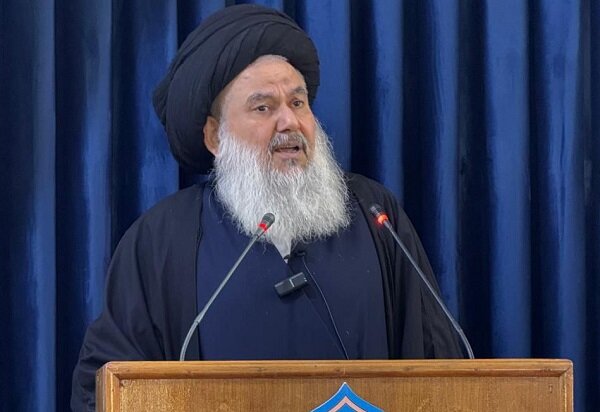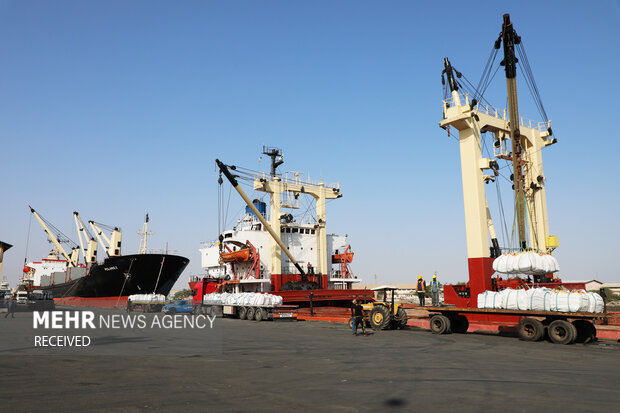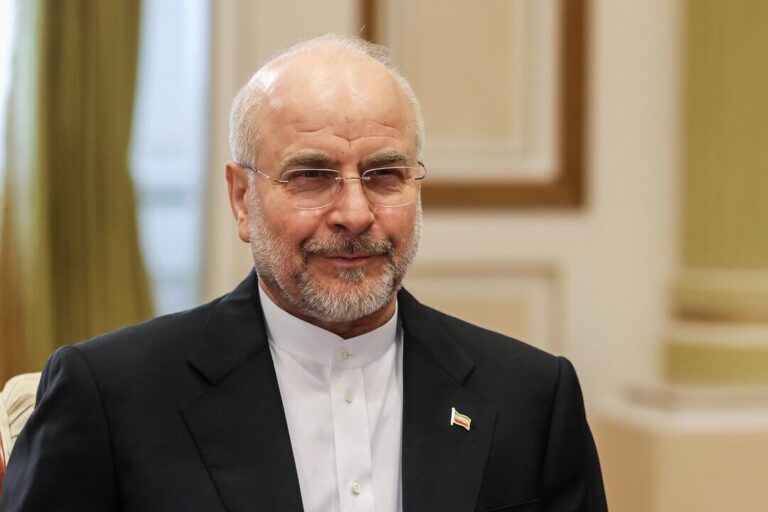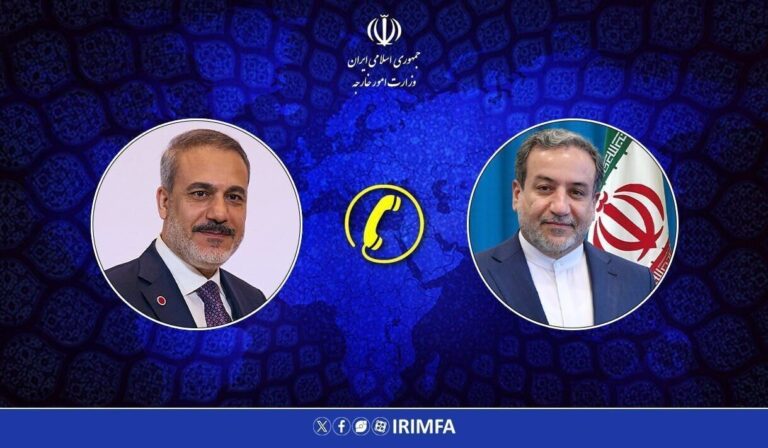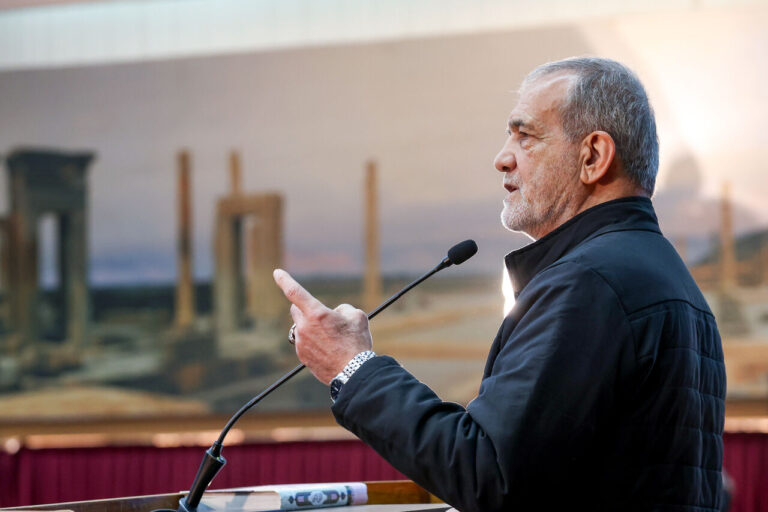Leader Shares Unfiltered Insights on Iran-US Indirect Talks: What It Means for Diplomacy
The ongoing talks in Oman represent a significant chapter in the diplomatic relations between Iran and the United States. Recently, Ayatollah Seyyed Ali Khamenei, the Leader of the Islamic Revolution, emphasized the importance of these discussions during a meeting with senior officials from various branches of the Iranian government. The primary keyword, “Oman talks,” encapsulates the essence of these negotiations, which aim to address crucial issues surrounding sanctions and nuclear policies.
During the meeting held on Tuesday, Ayatollah Khamenei articulated a balanced perspective regarding the Oman talks, stating, “We are neither overly optimistic nor overly pessimistic about these talks.” He highlighted that these discussions are just one of many tasks undertaken by the Ministry of Foreign Affairs. The Leader mentioned the first round of indirect negotiations between Tehran and Washington, which took place in Oman, indicating that initial steps have been implemented effectively.
Despite expressing caution, Ayatollah Khamenei acknowledged his confidence in Iran’s capabilities, saying, “Of course, we are very pessimistic about the other side, but we are optimistic about our own abilities.” He also reflected on past mistakes, particularly regarding the Joint Comprehensive Plan of Action (JCPOA) agreement established in 2015. The Leader warned against repeating previous errors: “The mistake we made in the JCPOA should not be repeated.”
- During the JCPOA negotiations, Iran conditioned its economic and political stability on the progress of talks.
- This dependency deterred investors from committing to opportunities within the country.
- The Leader underscored that investors are unlikely to engage when they perceive the nation as reliant on negotiations.
In line with these comments, the recent discussions in Oman were characterized as focused solely on addressing the US’s illegal and unilateral sanctions and various facets of Iran’s nuclear energy program. The Islamic Republic firmly rejected any speculation suggesting that the talks might encompass other issues.
The background of these negotiations stems from the historical JCPOA agreement, which was designed to curb Iran’s nuclear ambitions in exchange for lifting certain economic sanctions. However, following the deal’s conclusion, the United States reinstated these sanctions three years later and escalated measures against Iran under a strategy labeled “maximum pressure.” This approach has included threats of military action against Iranian territory by American officials.
The Islamic Republic has consistently maintained that any direct negotiations with the US would not be beneficial or acceptable as long as Washington continues its hostile policies. The current state of affairs underscores the complexities of international diplomacy and the challenges faced by nations striving for stability and progress.
In conclusion, as the Oman talks progress, it remains critical for Iran to navigate its diplomatic relations with a clear understanding of past mistakes and an unwavering commitment to national resilience. Ayatollah Khamenei’s insights serve as a reminder that while international dialogues are important, they should not dictate the nation’s trajectory or economic health.
As the situation evolves, observers will be closely monitoring the outcomes of these discussions and their implications for both Iranian sovereignty and regional stability.
